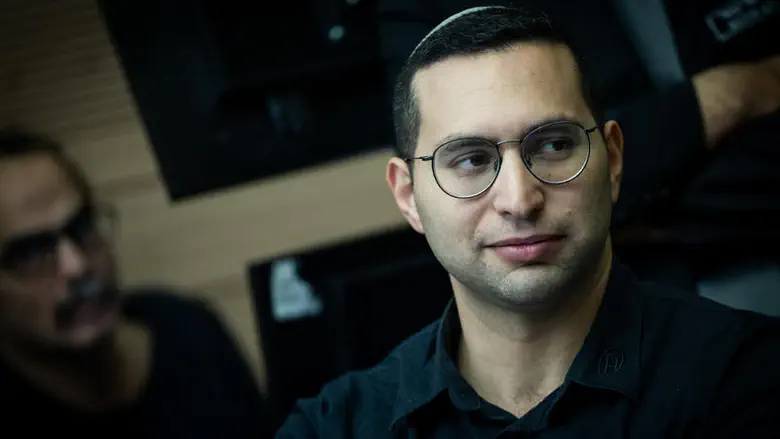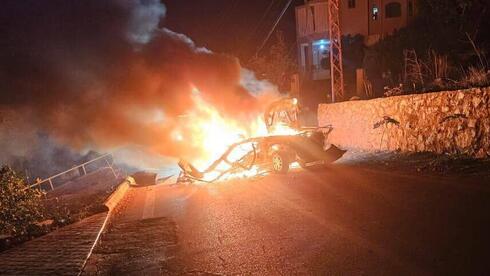Iraqis are heading to the polls to elect a new parliament in a vote that carries significant implications for both the country's future and its relationships with powerful neighbors. While many citizens are focused on maintaining stability and economic growth after years of conflict, the election is also being closely watched by international powers seeking to influence Iraq's direction, particularly regarding the role of Iran-backed militias.
The alliance led by Prime Minister Mohammed al-Sudani is expected to secure the most seats, but forming a stable government may prove challenging due to fractured alliances and concerns over his consolidation of power. The electoral process faces persistent issues with corruption and vote buying, contributing to widespread public disillusionment and potentially low voter turnout.
Sectarian loyalties continue to shape Iraq's political landscape, with key government positions allocated along ethnic and religious lines, reinforcing patronage networks and undermining reform efforts. The outcome of the vote is likely to be followed by protracted negotiations before a new government is formed.

 image sourced from original article at
image sourced from original article at 


